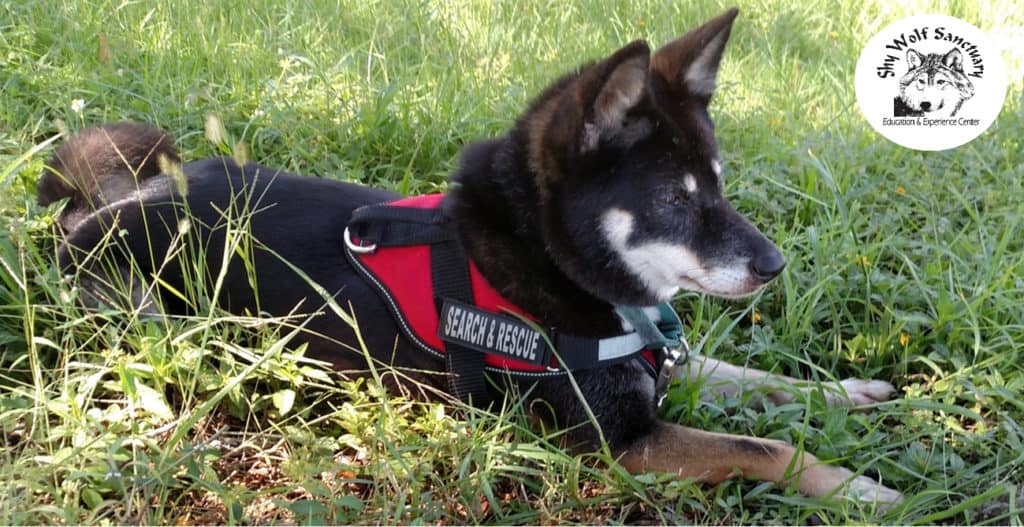Understanding your pet to get the best care
Like humans, pets have quirks – peculiar needs that are unique from others. In most cases, the difficulty in managing pets arises when we do not fully understand these peculiarities. Consequently, we get frustrated when it seems that nothing makes them happy. Sometimes, it might even lead to inadvertently harming them. This is especially true for exotic animals.
Having a pet is a responsibility, but it is not just about providing for their food, shelter, medical needs, and the likes. It is also about knowing their breed characteristics and their individual personalities. In addition to these basic needs, responsible pet owners must also enrich their pets to stimulate their brains and to give them purpose.
Different breeds or species of animals have varying drives and motivations. If these drives are not channeled properly, the animal can become agitated and difficult to handle. Lola, an Australian Alpine Dingo, is highly intelligent and extremely independent. Shy Wolf’s Executive Director saw this potential and the need to keep her mind stimulated. Thus, Lola began training for Search and Rescue at only three months of age, eventually leading to a national search and rescue certification in detecting human remains on both land and water. This goes to show that by knowing your pet’s drive, you will be able to provide an appropriate outlet that your pet can enjoy.

Health considerations also become more apparent once you know their breed, as some breeds are prone to certain health risks. In this way, you can provide the necessary preventative screening and medical care to minimize these possible risks. An example would be Degenerative Myelitis, a common muscular problem in shepherds. Such was the case with Wolfie, who lived over 10 years as a stray and was rescued by Shy Wolf and adopted as a senior.
 You can also identify earlier if your pet can harmoniously interact with other animals. Certain breeds are more independent than others and might not do well in groups. Still others may need social interaction to thrive and live a happy life. A very good example is Bob Leo who became depressed when he transitioned from living in a house with domestic cats to living outside at Shy Wolf. When Bobleo was introduced to a new friend, Boomer, his overall mental health improved for the better.
You can also identify earlier if your pet can harmoniously interact with other animals. Certain breeds are more independent than others and might not do well in groups. Still others may need social interaction to thrive and live a happy life. A very good example is Bob Leo who became depressed when he transitioned from living in a house with domestic cats to living outside at Shy Wolf. When Bobleo was introduced to a new friend, Boomer, his overall mental health improved for the better.
Lastly, pets are often predisposed to act in certain ways because of their breed. Knowing their breed will help you better understand their behavior. By learning their possible behavior, you can better understand and predict why your pet is acting the way that it is. This will allow you to provide for your pet’s needs so that the two of you share a fulfilling life together.

P.O. Box 3032
Naples, FL 34106
855-SHY-WOLF
info@shywolfsanctuary.org

© 2014-2024 Shy Wolf Sanctuary. All Rights Reserved.
